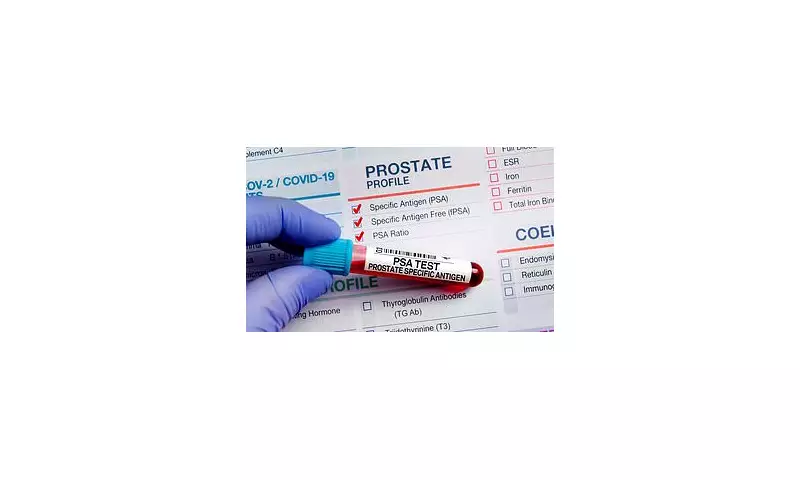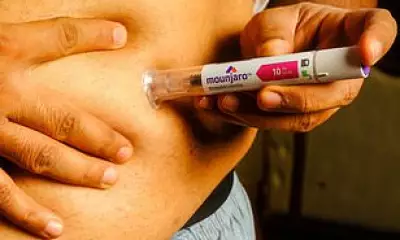
Government health advisors are poised to deliver a significant blow to British men by rejecting calls for a widespread prostate cancer screening programme. The decision, expected to be formally announced this afternoon, puts Health Secretary Wes Streeting under immediate pressure from charities, MPs, and the public to intervene.
Mounting Pressure on Health Secretary
The UK National Screening Committee met yesterday to review the latest evidence on the potential costs and benefits of introducing a national screening programme. It is understood the committee has ruled out not only widespread population screening but also targeted screening for high-risk groups, including black men and those with a family history of the disease.
Instead, the panel is thought to have advised focusing screening efforts solely on men with specific genetic mutations that significantly raise their risk of developing tumours. This recommendation comes just a month after a major study revealed that screening men for prostate cancer slashes their risk of dying from the disease by 13 per cent.
Mr Streeting told MPs on Tuesday that he would consider the conclusions ‘carefully’ and work through the arguments to ‘reach the right way forward’. However, he now faces a formidable coalition demanding action. More than 120 MPs have signed a letter, delivered by former Prime Minister Rishi Sunak, stating that a prostate cancer screening programme would be a ‘legacy-defining advance for men’s health’. Another former Conservative Prime Minister, David Cameron, recently revealed his own prostate cancer treatment and backed routine checks.
Overwhelming Public Support for Screening
The committee's draft guidance, which will be subject to a 12-week public consultation, flies in the face of overwhelming public opinion. A new poll of 3,000 UK adults, commissioned by Prostate Cancer Research, found that 90 per cent of people support the creation of a prostate cancer screening programme.
The survey revealed that 62 per cent of respondents believe rolling out routine checks is ‘very important’. Support was strongest among women with sons and grandsons and rose to 95 per cent among those aged 65 and over. Furthermore, four in five people (80 per cent) support a screening programme that initially targets men at the highest risk, aligning with the Daily Mail’s ongoing campaign.
Prostate Cancer Research highlighted that support for screening crosses political lines, underlining the ‘political risk’ of ignoring such strong public sentiment on this critical health issue.
A Growing Health Crisis
The stakes for this decision could not be higher. Prostate cancer is now the most common cancer in the UK, with approximately 63,000 new cases and 12,000 deaths recorded each year. Unlike breast, bowel, and lung cancer, there is currently no national screening programme for the disease in the United Kingdom.
Campaigners have pointed to the alarming statistic that it has been five years since the committee last considered introducing prostate screening. If it takes another five years to revisit this decision, tens of thousands more men are likely to die from a disease where early detection is key to survival. The public poll also indicated that only 37 per cent of people were aware that no screening programme currently exists, while 63 per cent believe the government is ‘not doing enough’ to reduce health inequalities.






